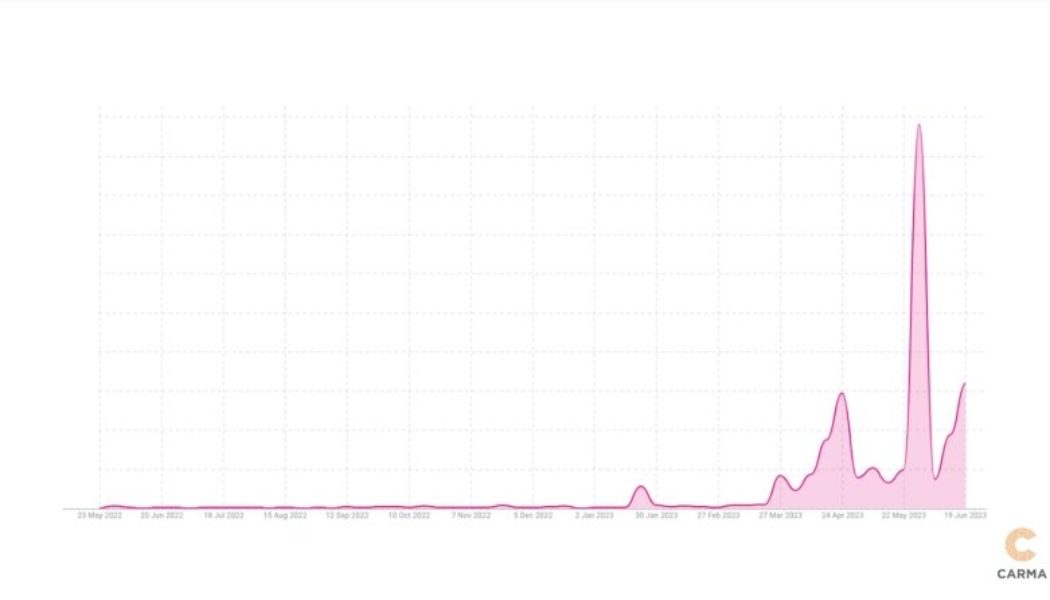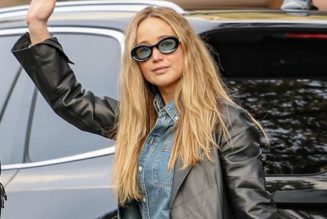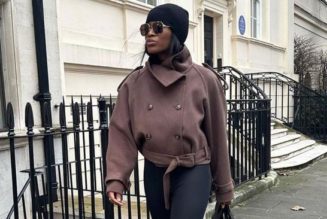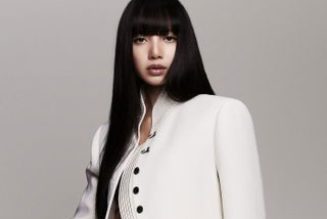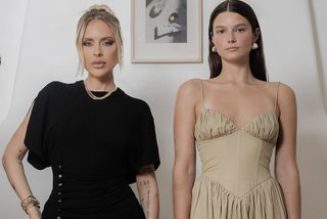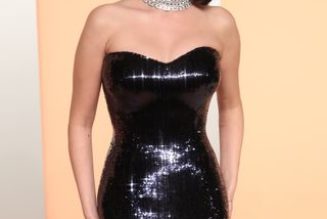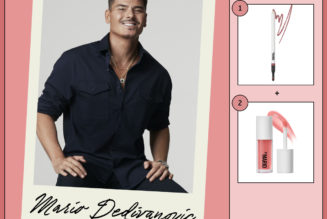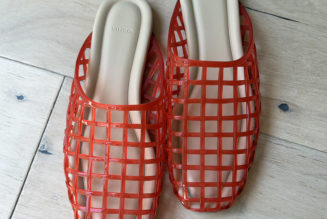Bold logos and ostentatious outfits aren’t the only ways influencers can show off their fashion senses of style. In fact, an opposite trend has been taking over the celebrity wardrobe and has raised discussions on social media since the beginning of the year, which is, “quiet luxury”.
“Quiet luxury” refers to a fashion trend that promotes an expensive but unflashy style that contrasts with “loud luxury”.
According to media intelligence firm CARMA, the term “quiet luxury” was rarely used on social media until the beginning of this year. Over the last 12 months, there were over 100k mentions on “quiet luxury” globally online and 95% of the mentions were generated in 2023. The overall sentiment toward the term “quiet luxury” has been mainly neutral (65% of total mentions), with 21% of mentions being positive and 14% negative.

CARMA’s HK GM Charles Cheung said that many mentions come from netizens’ observations of celebrities who have embraced the quiet luxury style in public events, with Sofia Richie being one of the most frequently mentioned ones.
To many of us, “Quiet luxury” doesn’t seem to be a new concept that just emerged, as industry players MARKETING-INTERACTIVE spoke to believed it’s been a prevalent topic of conversations for years although some may have referred to it as minimalism or understatement.
Sharifah Menyalara Hussein, CEO, M&C SAATCHI, KUALA LUMPUR said the concept seems to have emerged alongside minimalism in the early 2000s. “It has truly become a growing phenomenon particularly in the post covid era
of inflation, where consumers are making choices for the understated look and a more discreet approach to luxury.”
Having survived years of pandemic, consumers tend to gravitate more towards craftmanship and quality. “As societal values have shifted from overt wealth to a more subtle form of affluence, people now seek comfort, elegance, authenticity and sustainability,” she added.
Agreeing with her was Andy Chan, managing partner of creative agency Durian HK, who said consumers are gravitating towards understated luxury and refined aesthetics that can reflect their true value apart from just a “big brand logo”. “I think the trend with an appreciation for craftsmanship and timeless designs is being reinforced by various significant fashion brands in Paris Spring-Summer 2024 show lately,” he added.
Will the trend stay?
The “quiet luxury” trend has surely made waves across the globe. However, trends can be fluid and its longevity can be affected by various factors so whether it will eventually reach its saturation point and become redundant, is another million-dollar question.
Karina Bunchoo, social and content director, UM APAC said TikTok defines trends in three levels, and “quiet luxury” sits in the middle category aka evergreen trends with an impressive 153M views globally which is predicted to last from months to years. She added:
Yet the reason that it may not take root to become what TikTok defines as a cultural force […] is because it lacks the cultural roots that resonates to the larger mass audience because of the exclusive nature of it.
Agreeing with Bunchoo was Yvonne Ma, founder and managing director at Eighty20, who said it’s worth noting that the “quiet luxury” lifestyle that has been driving the trend is only achievable by a small percentage of the population, those who can afford to casually drop thousands of dollars on an outfit. “For the rest of us, finding high-quality, well-made pieces that we love and can mix and match is a more realistic goal,” she added.
Despite the “quiet luxury” trend might not be achievable for everyone, the focus on sustainability and quality suggests that the trend has the potential to endure and evolve with changing consumer preferences, said Ashvin Anamalai, CEO of DNA Creative Communications. He added:
Consumers are seeking value in their purchases, both in terms of durability and the emotional satisfaction derived from well-crafted, timeless pieces.
How can brands capitalise on the trend?
While there is a shift towards a more sustainable attitude to consumption, focusing on quality and confidence-boosting clothing, Durian’s Chan said that brands need to continually innovate and offer fresh interpretations of quiet luxury to keep consumers engaged. Meanwhile, brands should offer personalised experiences, highlight the stories behind their products, and provide transparent information about sourcing and production practices.
He added:
Collaborations with artists and trendsetters can further enhance brand credibility and resonate with the discerning consumers seeking towards the ‘quiet luxury’ style communication.
To cater the needs of customers, fashion brands can pull resources in refined craftsmanship. Roy Ha, founder of Hardchi Creative, said high-quality fabrics, tailored cuts and timeless designs are the essentials which can answer the needs of the target audiences.
“This trend may also extend to other industries such as hospitality, tourism, F&B and interior designs which emphasise on customers’ experience. For example, at hotels and resorts, customers may be more interested in exclusive experience and intimate atmosphere. Brands can put in an effort to attentive service, refined aesthetics, and offer a tranquil journey to guests,” he added.
Related articles:
Can Burberry’s bold rebrand end the trend of minimalist logos?
BMW revs up minimalism in new logo, but was the change needed?
